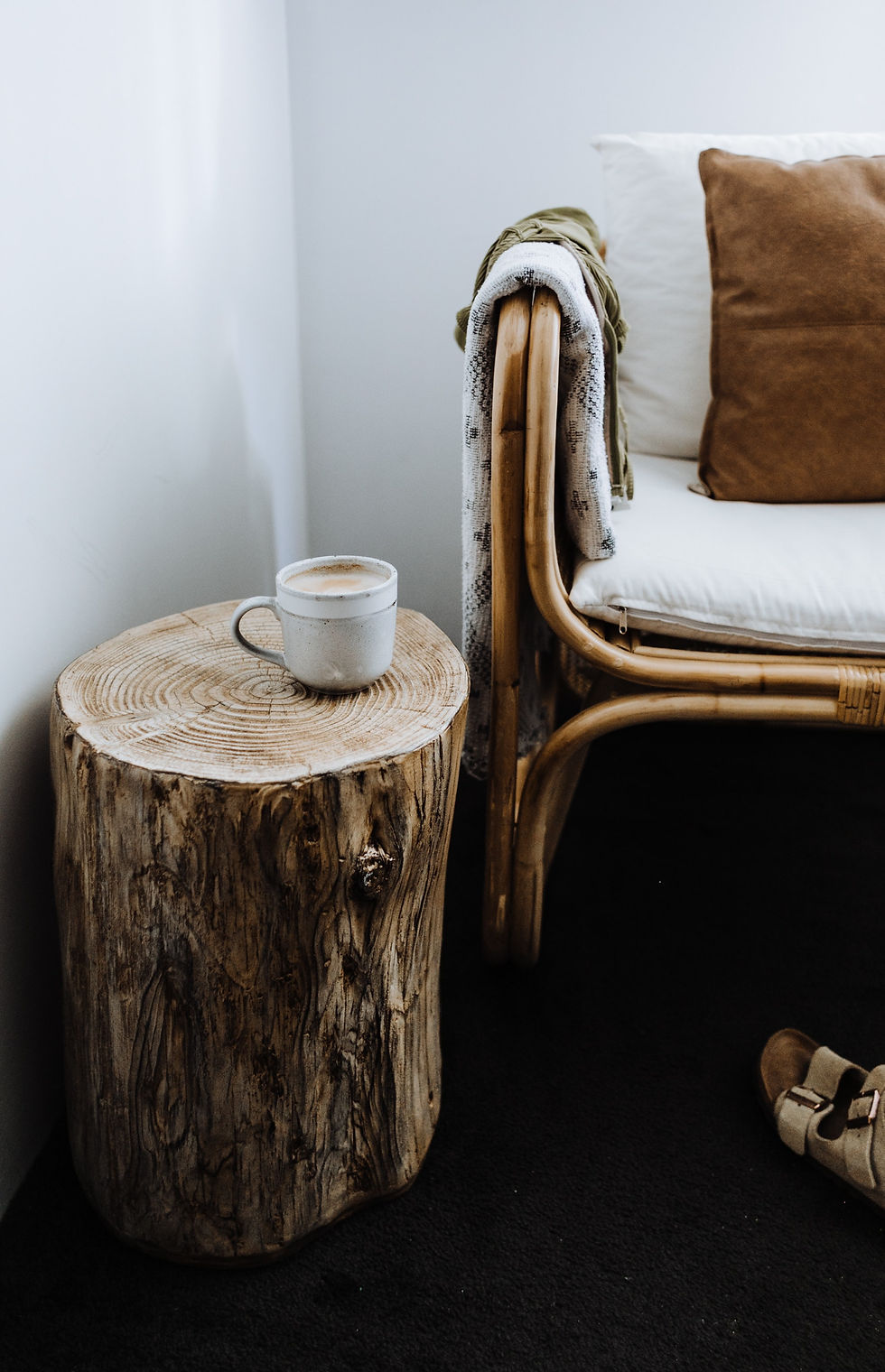Sleep Hygiene Measures
- Doctor BeneFIT

- Oct 7, 2019
- 2 min read
Updated: Oct 7, 2019
As a Certified Sleep Science Coach, I work with clients to help them establish and implement healthy, productive sleep hygiene strategies. Sleep is such an imperative part of our overall wellness; however, people often neglect the importance of sleep and sleep hygiene. I want to provide you with some general tips for sleep hygiene that you can assess and incorporate on your own to help improve your sleep. If you would like further help to improve your quality of sleep, please contact me for a sleep assessment. Happy Sleeping!!!

General Sleep Hygiene Measures:
Wake up at the same of day and go to bed around the same time every night
Obtain morning light exposure
Get daylight exposure multiple times a day, even if for only a few minutes, at a time
Restrict napping
Do not allow naps to last for more than 15-20 minutes
Avoid alcohol at least 3 hours before going to bed
Avoid heavy meals close to bedtime
Stop caffeine at least 4-6 hours before bedtime
Exercise in the morning or afternoon, but not within 3-5 hours of bedtime
Minimize noise, light, and excessive temperature in the bedroom
If reading in bed is relaxing, use low light level and read "appropriate materials"
Do not watch television, listen to the radio, or use computers in bed
Avoid working, emotional stress, and computers in the bedroom
Work to promote relaxation the the hours before bedtime
Use bedroom only for sleeping and sexual activity
Sexual activity is the only physically stimulating activity that should happen within 3-5 hours of bedtime. It is the only physically stimulating activity that promotes sleep- all other physical activity inhibits sleep
Move the alarm clock out of sight; set the alarm for morning awakening
Keep the bedroom dark
Keep the bedroom cool- ideally between 68-72 degrees Fahrenheit
Resource:
Erman MK. Primary Psychiatry. Vol 14, No 11. 2007




Comments